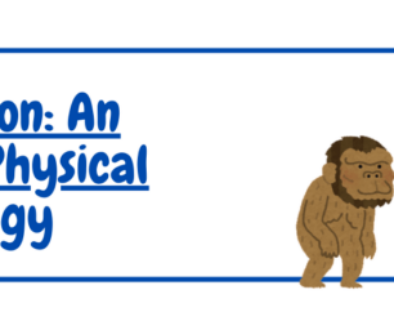Applied linguistics is a dynamic and interdisciplinary field that delves into the practical applications of linguistic theories and methodologies to address real-world issues. By bridging the gap between theoretical linguistics and practical language use, applied linguistics plays a crucial role in various domains, including education, technology, communication, and cultural understanding. In this article, we explore the multifaceted nature of applied linguistics and its far-reaching impact on both language and society.
Defining Applied Linguistics:
Applied linguistics can be defined as the scientific study of language and its practical applications. Unlike theoretical linguistics, which primarily focuses on understanding the structure and rules of language, applied linguistics aims to solve real-world problems related to language use. This field encompasses a wide range of areas, including language acquisition, language teaching, translation, sociolinguistics, computational linguistics, and more.
Applications in Language Teaching and Learning:
One of the most prominent domains within applied linguistics is language education. Researchers and practitioners in this field work to develop effective language teaching methodologies, design language curricula, and explore innovative ways to enhance language acquisition. Applied linguistics provides valuable insights into the cognitive processes involved in learning languages, enabling educators to tailor their approaches to meet the diverse needs of learners.
Technology and Computational Linguistics:
In the digital age, applied linguistics intersects with technology through the branch known as computational linguistics. This subfield focuses on developing and implementing computer algorithms to analyze and process natural language. From machine translation systems to speech recognition technology, computational linguistics has revolutionized the way we interact with language in the digital realm, making information more accessible across linguistic boundaries.
Cross-Cultural Communication and Sociolinguistics:
Applied linguistics contributes significantly to the understanding of language in its social context. Sociolinguistics, a subdiscipline of applied linguistics, examines the relationship between language and society, including issues such as language variation, multilingualism, and language attitudes. This research is crucial for fostering effective cross-cultural communication and promoting linguistic diversity in a globalized world.
Translation and Interpreting:
The field of translation and interpreting is another vital area within applied linguistics. Professionals in this domain play a pivotal role in facilitating communication between speakers of different languages. Applied linguistics helps improve translation and interpreting practices by studying linguistic nuances, cultural differences, and the ethical considerations inherent in conveying meaning across languages.
Multilingualism and Language Policy:
Applied linguistics contributes to the development of language policies that address issues related to multilingualism and language planning. Researchers in this area explore the impact of language policies on education, government, and community development. By understanding the sociopolitical dimensions of language use, applied linguistics helps shape policies that promote linguistic inclusivity and cultural sensitivity.
Challenges and Future Directions:
While applied linguistics has made significant strides in addressing practical language-related issues, it faces challenges such as the rapid evolution of technology, the need for inclusive language policies, and the ongoing quest for effective language teaching methodologies. As the field continues to evolve, researchers and practitioners must stay attuned to these challenges and work collaboratively to find innovative solutions.
Conclusion:
Applied linguistics serves as a linchpin between the theoretical study of language and its real-world applications. By addressing issues related to language teaching, technology, cross-cultural communication, and more, this dynamic field contributes to the enrichment of human communication and understanding. As society evolves, the role of applied linguistics will undoubtedly expand, shaping the way we interact with and appreciate the power of words.




